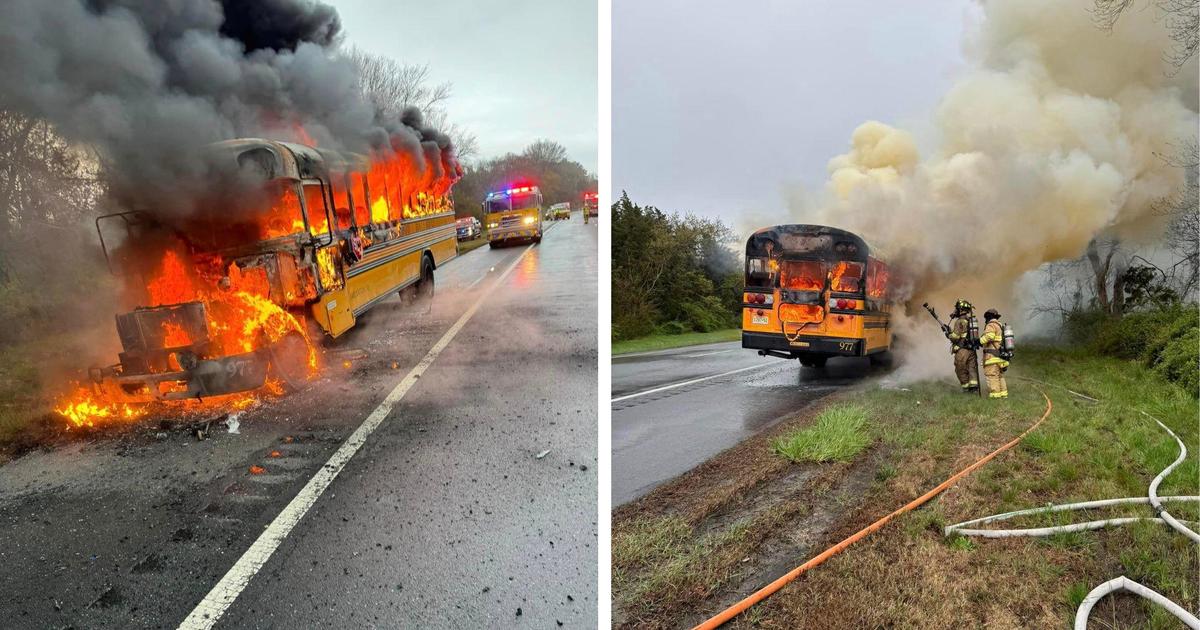'Doing Nothing Is Not An Option': Officials Lay Out Plan To Fight Rising Sea Levels, Climate Change At Jersey Shore
ATLANTIC CITY, N.J. (CBS) -- A new report is out on New Jersey beaches. It looks at issues like replenishment, as well as climate change.
Jersey beaches have changed a lot over the decades, including adding dunes throughout the shore, and you should be prepared for even more changes to protect the beaches in the decades to come.
Beach traditions are often passed from down generation to generation at the Jersey Shore. But ask your elders and they'll tell you whether Atlantic City or Ocean City, water under the boardwalk used to be the norm. Now, it's sand dunes.
"They've become more resilient because we've pumped sand onto them and millions of dollars have been spent doing that," New Jersey Commissioner Of Environmental Protection Catherine McCabe said.
Rising Sea Levels Will Leave Atlantic City Uninhabitable By End Of The Century, Researchers Say
Helping deliver Stockton University's second annual State of New Jersey Beaches Report, McCabe praised the fact the Jersey Shore has come from no cohesive beach protection plan to a dune system that covers the entire coastline following Superstorm Sandy.
Despite the successes, an even bigger issue is quite literally creeping up.
Some predict because of sea level rise from climate change, many beach towns could be constantly underwater in the next half century.
"There's a lot of things you can do and we need to be studying that and rising to the challenge," McCabe said, "and that's why we're doing a Coastal Resiliency Plan."
Experts predict addressing sea level rise will create a $400 billion industry, and Stockton University is wasting no time jumping in.
This fall, at their new Atlantic City campus, they plan to open the first phase of a Coastal Resiliency Institute.
"Which would bring together federal government, state, local government as well as the private sector and non-profits, to work together on climate change issues," Jim Rutala, of Rutala Associates Consulting Firm, said.
They'll work on best practices for beach replenishment and hard protection features like the jetty that reshaped nearby Absecon Inlet. The costs for these measures may shock taxpayers but experts say so should the threats.
"Doing nothing is not an option," McCabe said.
Experts say that Atlantic City and Stockton University are well-positioned in the fight to protect against sea level rise.



